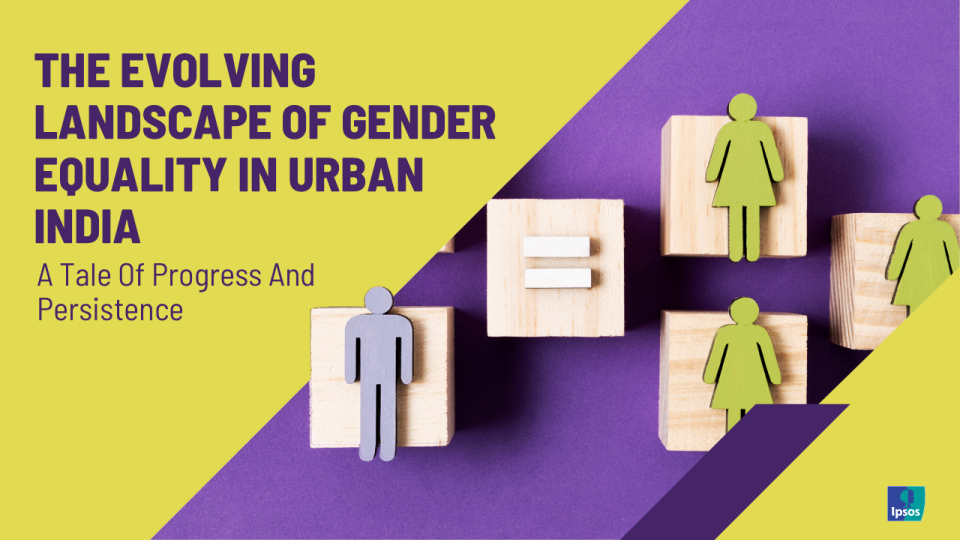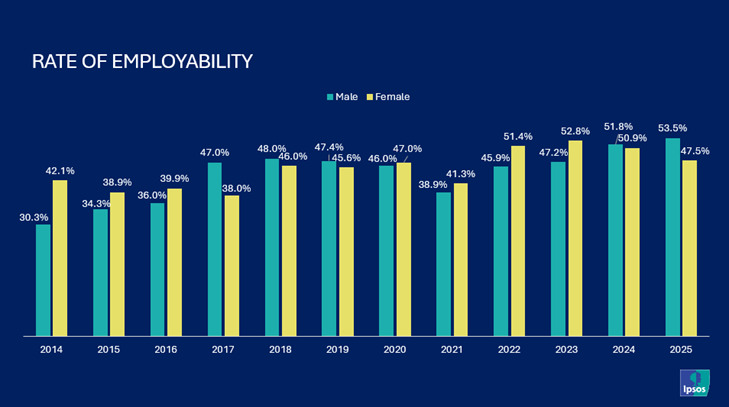

The Evolving Landscape of Gender Equality in Urban India: A Tale of Progress and Persistence
As we celebrate International Women's Day, it's a good time to reflect on the state of gender equality in India. While the nation has made significant strides in certain areas, challenges persist, casting a shadow over the path to true gender parity.
India's journey towards a more equitable society is characterized by both progress and setbacks. The nation has witnessed improvements in key areas such as education enrolment and health outcomes for women. However, deep-seated cultural norms, patriarchal attitudes, and systemic barriers continue to hinder women's full participation in various spheres of life.
The World Economic Forum's Global Gender Gap Report 2024 places India at 129th out of 146 countries, highlighting the persistent gap that needs to be addressed. This ranking reflects the challenges women in India face in areas such as economic participation, political empowerment, educational attainment, and health and survival.
The employment landscape presents a paradox. While women have constituted a larger share of India's employable talent since 2020, projections for 2025 indicate a concerning decrease in this share. This shift raises questions about the factors influencing women's participation in the workforce.

As we ascend the corporate hierarchy, a stark reality emerges: 75% of senior management roles are still held by men. This disparity highlights the narrowing pipeline for women aspiring to top leadership positions.
The reasons behind women dropping out of the workforce are multifaceted. Marriage, motherhood, and societal expectations play significant roles:
- Only 29.2% of urban married women aged 25-29 remain employed.
- Employment for mothers aged 24-29 drops to 18.9% from 44.3% for single women.
- Post-marriage relocations, inadequate public transport, career re-entry challenges, and recognition-to-advancement gaps, especially for mothers, exacerbate this issue.
Recent data from the Ipsos Gender Survey reveals a nuanced picture of attitudes towards gender equality in India:
- 52% of Indian respondents believe significant progress towards achieving gender equality is fairly likely in the next five years (compared to 42% globally).
- 63% of Indian respondents identify as feminists (compared to 38% globally).
- 69% believe things would work better with more women in leadership roles (compared to 59% globally).
- 66% believe female leadership is crucial for achieving gender equality (compared to 54% globally)
These statistics suggest a cultural shift towards recognizing the value of female leadership and gender equality movements.
While progress is slow, it is steady. The total share of executive directorships held by women across all NSE listed companies has increased to 11.1% as of February 2025, up from 8.4% in March 2019.
To empower women and elevate their status in society, brands and marketers must adopt a multi-faceted approach:
- Empowerment through Products: Design and offer products that equip women with the tools and confidence to achieve their aspirations
- Cultivating Supportive Communities: Foster vibrant networks where women can connect, share experiences, and uplift one another
- Celebrating Role Models: Showcase the achievements of remarkable women to inspire and motivate others to pursue their dreams.
As we celebrate the remarkable achievements of women across India, let's remember that the journey towards true equality is ongoing. It requires a collective effort from individuals, communities, businesses, and policymakers to dismantle persistent barriers and empower women to reach their full potential. By fostering an inclusive society that values and celebrates women's contributions, we pave the way for a brighter future for all Indians.



